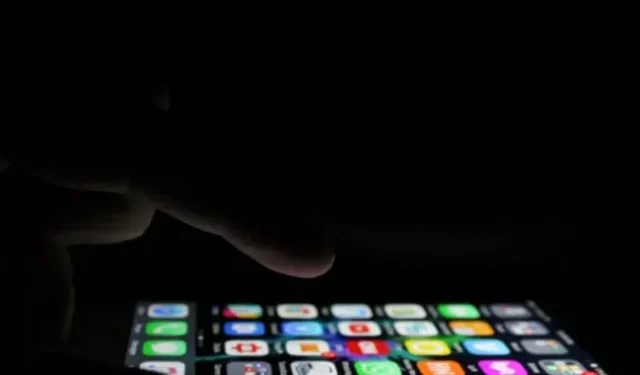Apple clarifies its controversial app removal emails with clearer policy statement

Last month, an email sent by Apple to many app and game developers sparked confusion and frustration about the role of apps in the App Store that aren’t meant to be long-term services. Now, Apple has published a press release aimed at developers to clear up the confusion and alleviate the disappointment.
The original email warned recipients that their apps would be removed from the App Store because they hadn’t been updated in “a significant period of time.”The email informed each developer that they would have to submit an update for their affected app or apps within 30 days to avoid deletion. The related support document explains that submitting an update after 30 days may result in the uninstalled app being restored.
Apple’s new update, which was posted to the Developer Support website on Friday, clarifies that the emails sent in April are part of an ongoing process that was announced and started back in 2016. This process resulted in the removal of “nearly 2.8 million apps”.
In emails to developers that surfaced last month, Apple said it would remove apps that haven’t been updated in a “significant amount of time,”a vague statement that led to a common complaint from developers that Apple’s rules seem opaque or arbitrary at best. and cranky at worst. Apple’s new press release sheds some light on this policy. It turns out that for Apple’s purposes, “significant term”specifically means three years.
Apple also indirectly responded to another common developer complaint – Apple seems to be inconsistently enforcing the rules given that some apps haven’t been removed despite not being updated in years – stating that the time elapsed since the last update is not the only factor. How often an app has been downloaded over the past year also influences the decision to remove it.
So last month’s targeted apps were not only apps that hadn’t been updated in the past three years, but also apps that “didn’t download at all or very rarely during a rolling 12-month period.”
Finally, the press release announces a new deadline for developers to respond to these emails. Apple previously said that developers had to update their apps within 30 days to stay on the list. Now the period is 90 days. In some cases, Apple encourages developers to file appeals, ostensibly if they feel their app is a special case.
When efforts to clean up legacy apps were first announced in 2016, Apple said it was driven by a desire to make search more useful and remove apps that don’t work properly on modern hardware and operating system versions.
Friday’s press release confirms some of these and ensures that all apps comply with the latest, ever-changing security and privacy regulations.
The increase from 30 to 90 days will make life a little easier for small developers. However, Apple’s clarifications do little to address a core problem for independent developers: an app doesn’t have to be constantly updated or even popular in order to keep it and stay available for years to come.
Leave a Reply